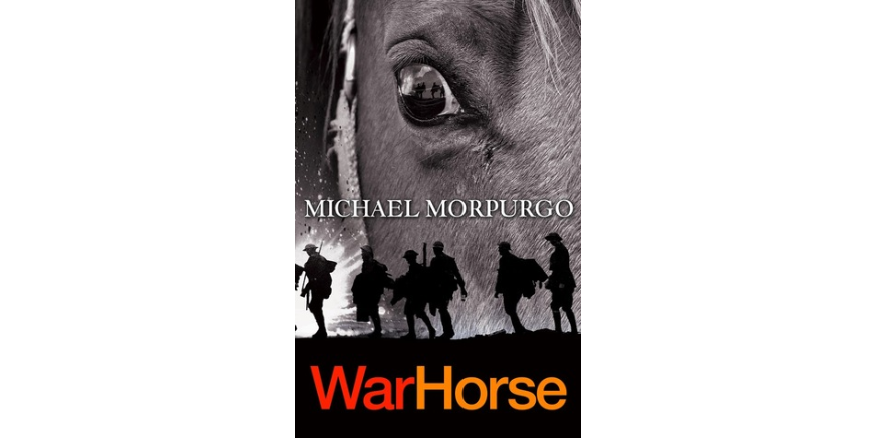#NVHOW20 Introducing Dr Victoria Woodman @v_woodman ‘Waiting is the Women’s Role: the Falklands Conflict media representation of Royal Navy Wives’ - media coverage and their representation as a homogeneous
1 #NVHOW20 How were Task Force families portrayed in newspapers and television reports during the Falklands Conflict? Much has been written on how the media accompanied the task force, the journalists sent, the MoD release of news and the political attacks made on the media.
2 #NVHOW20 Fifty naval wives interviewed for my research stated that the primary method of receiving updates on the conflict was through the media. The media reports portrayed them at the time in terms of loyalty. Gender divisions were distinctly defined; men/battle, women/home. 

3 #NVHOW20 Early in the war the Task Force families were seen as protagonists of the campaign but as the loses increased and their suffering intensified, they disappeared from the TV screens, to be readmitted when the survivors returned. What were the wives’ experiences? 

4 #NVHOW20 Due to lack of news from the Task Force the media relied on human interest stories reporting on relatives waiting at home, emphasising that they had a vital part to play. Naval wives were newsworthy because 'their men' were absent: the men were making news. 

5 #NVHOW20 Bereaved families or interviews implying the futility of loss of life were rarely seen. For naval wives and families, it would have been difficult to think and speak in a non-hegemonic way. Wives could feel both anger at the conflict and pride in their husband’s role. 

6 #NVHOW20 An organisation that was traditional and paternalistic would want those values to be shown in the media. Clear expectation from the military establishment that service families ran on traditional lines. The serviceman was head of the household; his wife supported him. 

7 #NVHOW20 Wives thoughts and feelings were rarely directly reported, images of wives and families were broadcast with voiceover statements from paternalistic figures such as padres. When mentioned in reports they had no identity of their own described as ‘the wife of Captain X'. 

8 #NVHOW20 Media resorted to stereotypical views of women's role and family life. Women shown only in relation to their men, not as individuals with names, jobs or any role apart from waiting for their men. Not consistent with my research or contemporary surveys of 1980s women. 

9 #NVHOW20 Women reported as supporters, vessels of emotion or objects of sexual interest. Scantily clad women at the quayside were described as 'light relief' giving troops 'what they want to see'. Even those involved, such as military nurses, got the same media treatment. 

10 #NVHOW20 Respondents often mentioned 'duty' and husbands doing what 'they were trained for'. Media reinforced stereotypical views of patriotism and militarised gender roles: naval wives were also exposed to this same militarisation of their lives through their husbands’ career 

11 #NVHOW20 Falklands naval wives were not in their views, thoughts or experiences homogenous; commemoration of a conflict from the perspective of those left behind is a powerful analytical tool to re-evaluate a military event for contemporary society. 

12 #NVHOW20 my research widens the scope of the gender, social, naval and cultural history of the Falklands Conflict, a conflict fought in the media using gendered and paternalistic language and images, a binary of man fighting versus woman serving on the home front.
13 #NVHOW20 Ask me questions @v_woodman
• • •
Missing some Tweet in this thread? You can try to
force a refresh












